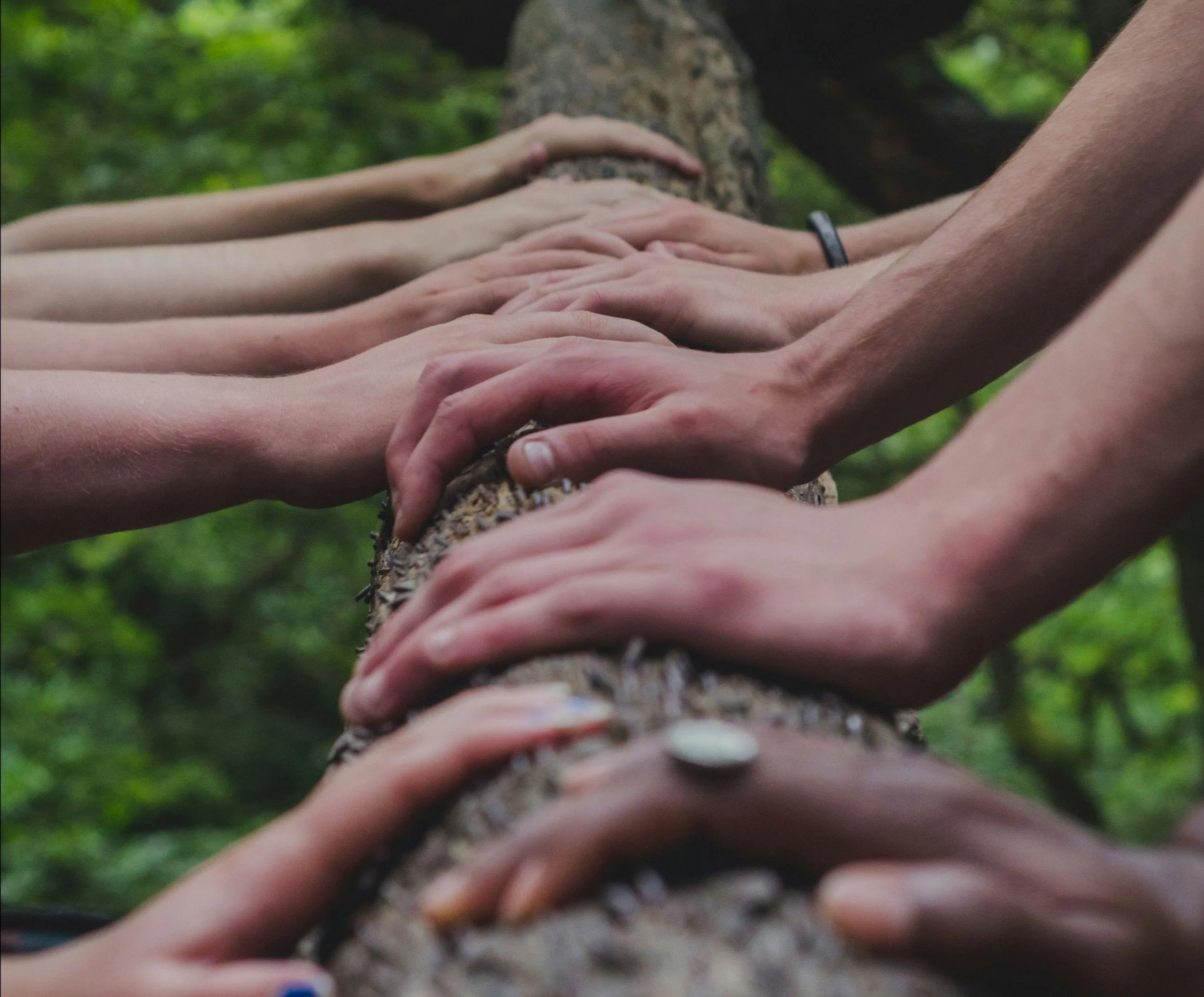Belonging in a World That Feels Off-Centre
~Wellbeing without inclusion isn’t wellbeing.~
I’ve been sitting with that truth a lot lately - especially as I scroll through a feed of health and wellness spaces that seems to be overflowing with bio hacks and curated aesthetics, and yet that so often feel strangely disconnected from empathy, from complexity, from the real work of being in community.
I’ve seen accounts sharing wellness content alongside anti-trans, misogenystic or racist rhetoric.
We live in a time where inclusion and kindness is sometimes branded as “woke.” Where the protection of old systems sometimes matters more than the protection of actual people. I really find it heartbreaking … and harmful.
This can be as simple as just not seeing our body type, skin colour or gender being represented in the spaces we go to. And this doesn’t necessarily mean that we have to remake every movie with diversity and inclusion parameters, but it does mean thinking deeply about how we promote spaces and products. And especially in the world of Yoga, where studios are still so often promoted with thin, white women in high end active wear brands doing challenging asanas (insert eye roll…). If you know me, you know by now that is not the Yoga I promote.
So I’ve been reflecting on what it means to belong. Not just to be accepted, but to feel seen, felt, safe and connected - especially in a world that’s fast, fragmented and disconnected in so many ways.
Whether it’s the state of the planet, social injustice, or the feeling that we’re just too much or not enough for the spaces we move in, many of us are feeling a deep sense of sadness about the increase in divisiveness in our world.
I feel it deeply. Especially in the space of wellness. I just don’t get the disconnect between inclusiveness and wellbeing where the focus seems to be so individualistic and all about living the healthiest life possible. Yet, the science shows that connection is key!
Belonging isn’t a luxury. It’s a biological need.
Exclusion, discrimination, and social disconnection aren’t just emotional burdens - they show up in the body. Here is some evidence:
Loneliness is as harmful as smoking: A meta-analysis by Holt-Lunstad et al. (2015) found that social isolation increases the risk of premature death by up to 50%.
Discrimination elevates stress: Repeated exposure to social rejection and discrimination increases cortisol levels and systemic inflammation (Williams et al., 2019).
Belonging improves emotional regulation: Vagal tone (a key factor in parasympathetic nervous system function) improves with social connection and compassion-based practices (Kok et al., 2013).
Inclusion supports mental health: Adolescents engaged in inclusive, prosocial behaviour report greater life satisfaction and lower depressive symptoms (Hope et al., 2021).
Acts of kindness improve our mood and immunity: A study by Lyubomirsky et al. (2005) found that people who practiced acts of kindness experienced increased wellbeing and reduced symptoms of depression. Other studies suggest kindness may boost immunity through the release of endorphins and lower cortisol levels.
Meanwhile, people who are stigmatised - queer kids, trans folk, First Nations people -experience significantly higher rates of depression, anxiety, and suicide.
Not because of who they are, but because of what the world reflects back at them.
The key takeaway is … Inclusion isn’t just morally good, it’s actually physiologically protective. [Beat that coffee enemas!!]
So what do we do with all this?
We hold each other accountable - and we hold each other with care.
We name the harm - and stay open to healing.
We don’t need to be perfect - but we do need to stay present.
And this is where, for me, embodied awareness becomes essential.
Not as a personal escape, but as a way of staying present to what’s happening around us. To feel the discomfort of exclusion without turning away.
It gives us the grounding we need to speak up when it counts - to call injustice out, and the spaciousness to hold others with compassion - and to call them in.
Because real belonging isn’t just about being included - it’s also about creating spaces where others feel safe to be fully themselves.

